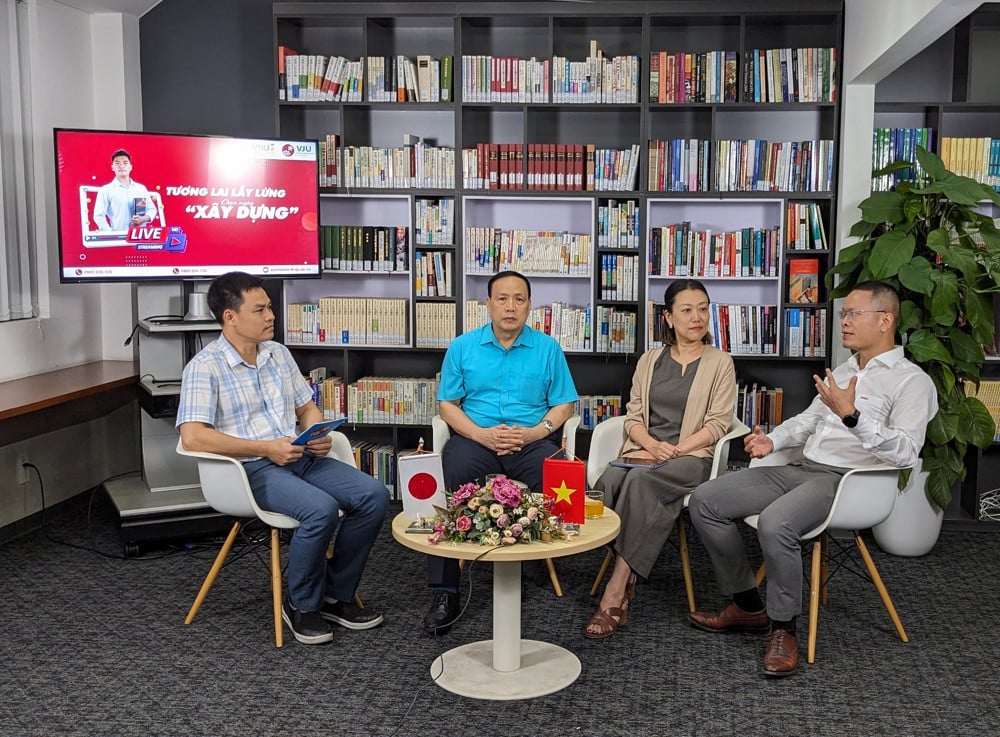
Tuition reduced, quality maintained
Prof. Dr. Nguyen Dinh Duc - Director of the Civil Engineering Program at Vietnam - Japan University - Vietnam National University, Hanoi - said that the Civil Engineering training program, which will be opened by the school in 2022, is built on the advantages of the Civil Engineering training program of the University of Tokyo. In addition to the University of Tokyo, the program also has training cooperation with many other leading universities in Japan.
“Thus, students have the opportunity to grasp the quintessence of Japanese engineering technology. With such a modern training program, graduates can work in any domestic or global enterprise. The program also has the participation of Japanese lecturers and professors. More specifically, not only lecturers from Vietnam-Japan University, we also invite the best professors and experts from domestic universities and enterprises to teach at the school,” said Mr. Duc.
According to Mr. Duc, this is an engineering training program so practical English is highly valued. From the second year, each semester, students have the opportunity to practice.
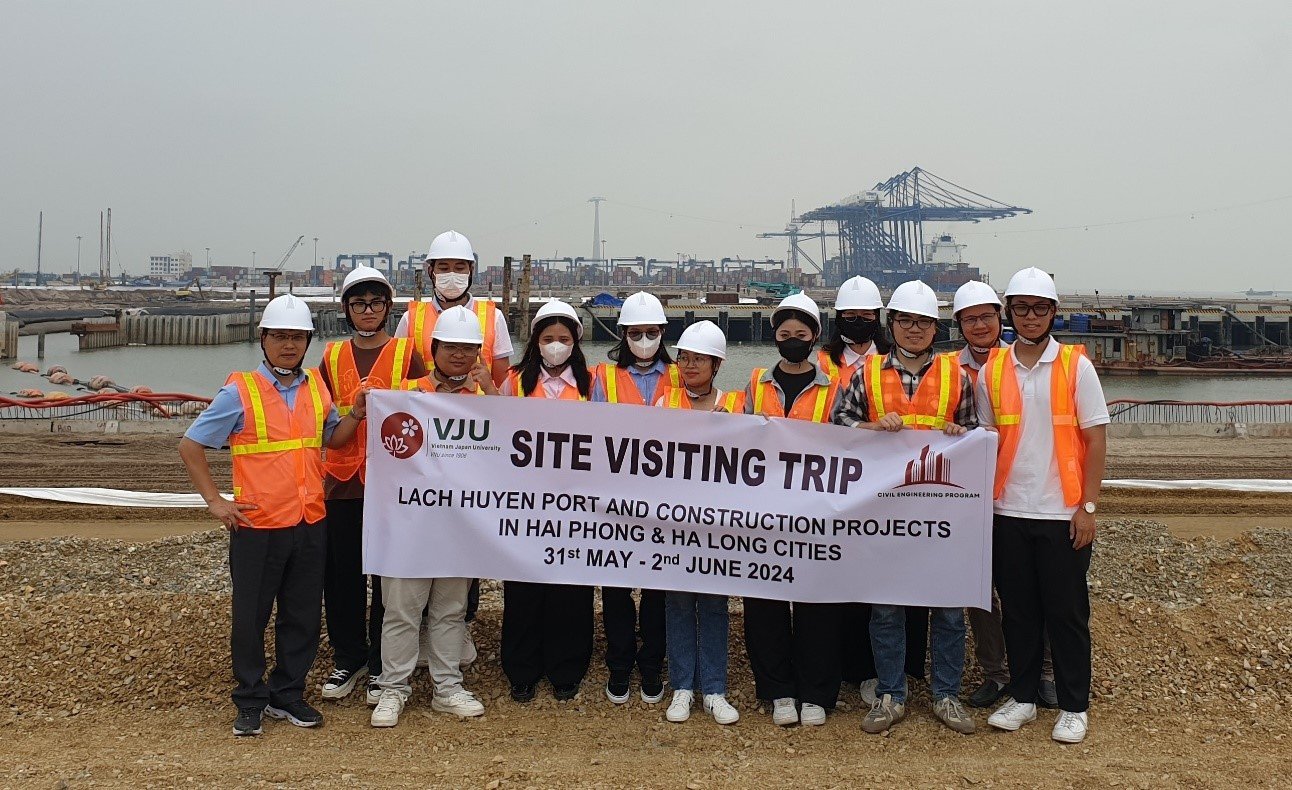
“Not only do students get to participate in the training process and work with businesses, but they also get to practice and intern in the school’s national standard construction engineering laboratory,” added Professor Duc.
According to Professor Nguyen Dinh Duc, the tuition fee for the civil engineering program in previous years was very high, nearly 60 million VND/year. After considering the opinions of many parents and students about the need to study Civil Engineering and the need for tuition support, the school decided that in the 2024-2025 school year, the tuition fee for the civil engineering program would be reduced by nearly 60%, to only 25 million VND/year. The school committed to reducing tuition fees but the quality of training would not change.
“This year’s tuition fees can be said to be surprisingly cheap. So with only 25 million VND, students have the opportunity to study in Japan in Vietnam, which is a wonderful thing,” Professor Duc emphasized.
Additionally, civil engineering students can enroll in integrated undergraduate programs and then transfer to a graduate program, earning a master's degree in just five years.
“We integrate the engineering training program with the master's training program, which means that after graduating as an engineer, students only need one more year to get a master's degree from Vietnam-Japan University,” said Professor Duc.
Wide open job opportunities
Talking about the job opportunities for students of this program after graduation, Ms. Mika Inomata - JICA Vietnam Expert, coordinator of enrollment and training at Vietnam Japan University - Vietnam National University, Hanoi - said that there are many special construction projects that Japan has built in Vietnam such as Nhat Tan Bridge, Hai Van Tunnel, Terminal T2 of Noi Bai Airport, ...
Many graduates of the master's or civil engineering programs at Vietnam-Japan University are taking on important roles at Japanese companies.
Ms. Mika Inomata also said that there are many activities to support students after graduation in finding jobs such as inviting Vietnamese and Japanese companies to participate in career orientation programs, introducing companies as well as creating conditions for students to access, visit, practice and then solve jobs for them.
Regarding the training roadmap of this program, Professor Nguyen Dinh Duc added that this is an engineering training program so the training period is 4 and a half years.
“Unlike previous years, when the entrance requirement required candidates to have a foreign language, this year we only require Vietnamese as the entrance requirement. Therefore, all students who do not have English or Japanese can confidently apply to the school. During the training process, they will be trained to be able to use English and Japanese. The biggest difference compared to previous years is that we are discussing with partners in Japan to arrange for first-year students to have an internship in Japan for about a week so that they can visit and see large Japanese construction projects, and interact with their large universities and large enterprises, thereby motivating them to study,” Prof. Duc shared.
Thanh Hung
Source: https://vietnamnet.vn/truong-dh-viet-nhat-giam-hoc-phi-chuong-trinh-ky-thuat-xay-dung-2303179.html



![[Photo] General Secretary To Lam receives Singaporean Prime Minister Lawrence Wong](https://vstatic.vietnam.vn/vietnam/resource/IMAGE/2025/3/26/4bc6a8b08fcc4cb78cf30928f6bd979e)

![[Photo] The two Prime Ministers witnessed the signing ceremony of cooperation documents between Vietnam and Singapore.](https://vstatic.vietnam.vn/vietnam/resource/IMAGE/2025/3/26/294b2d9cbf494db29dbdc47951d8313a)

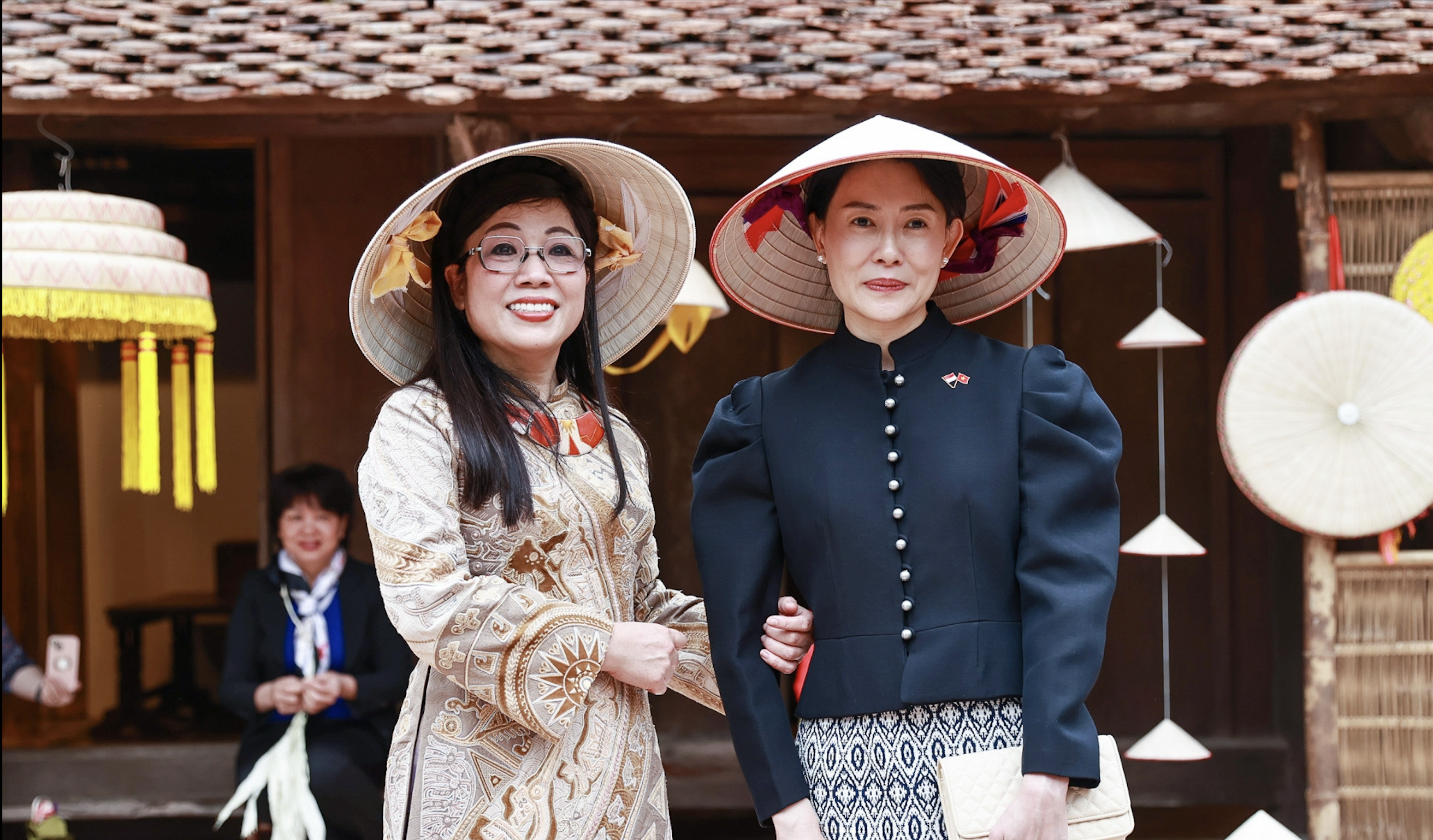
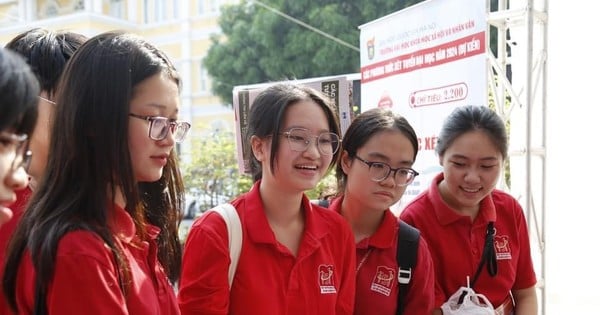

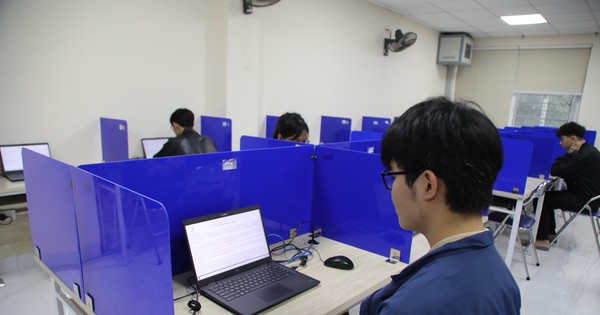
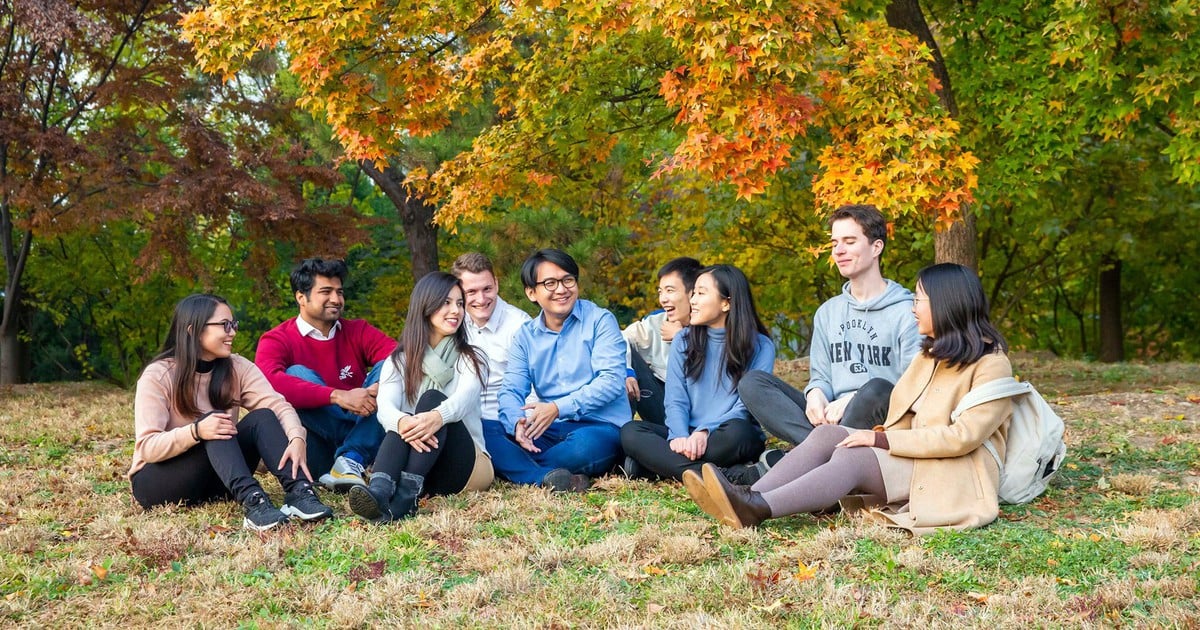




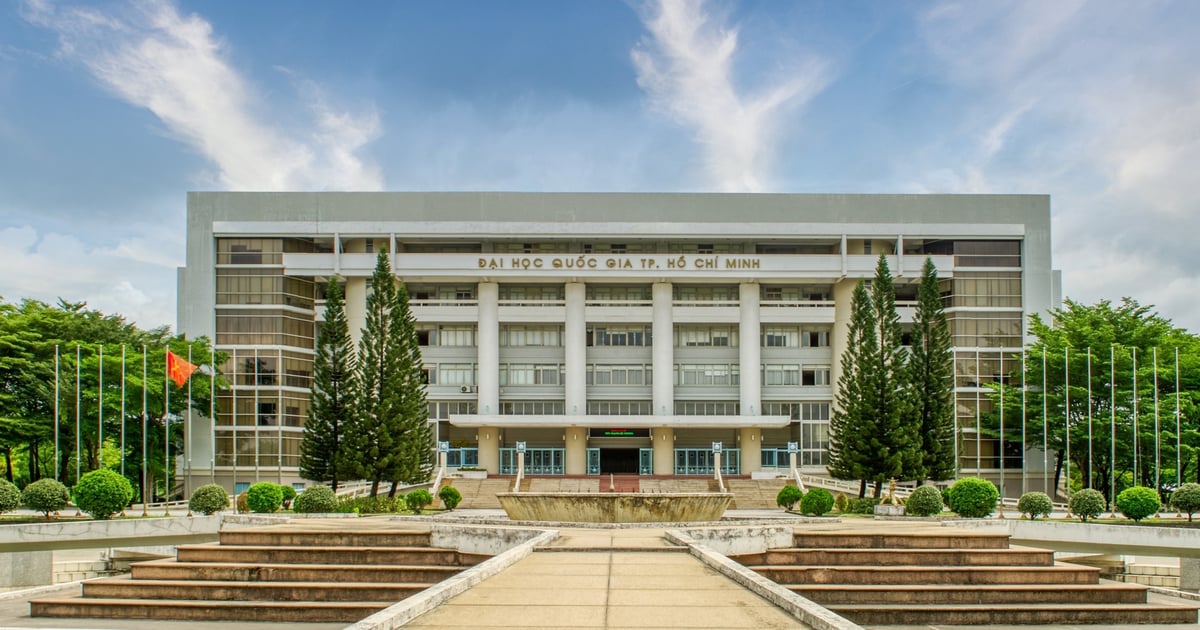
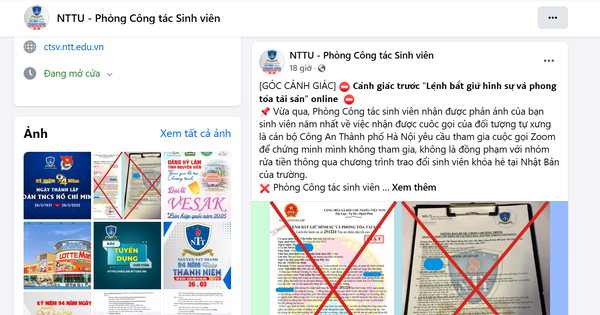




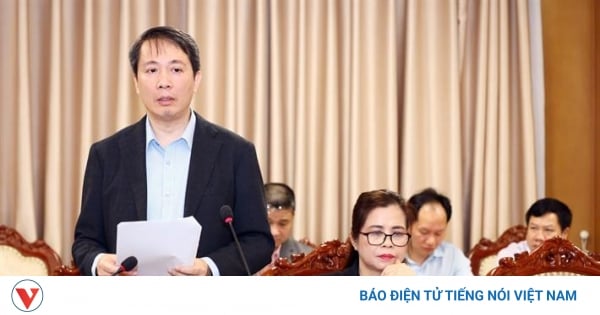




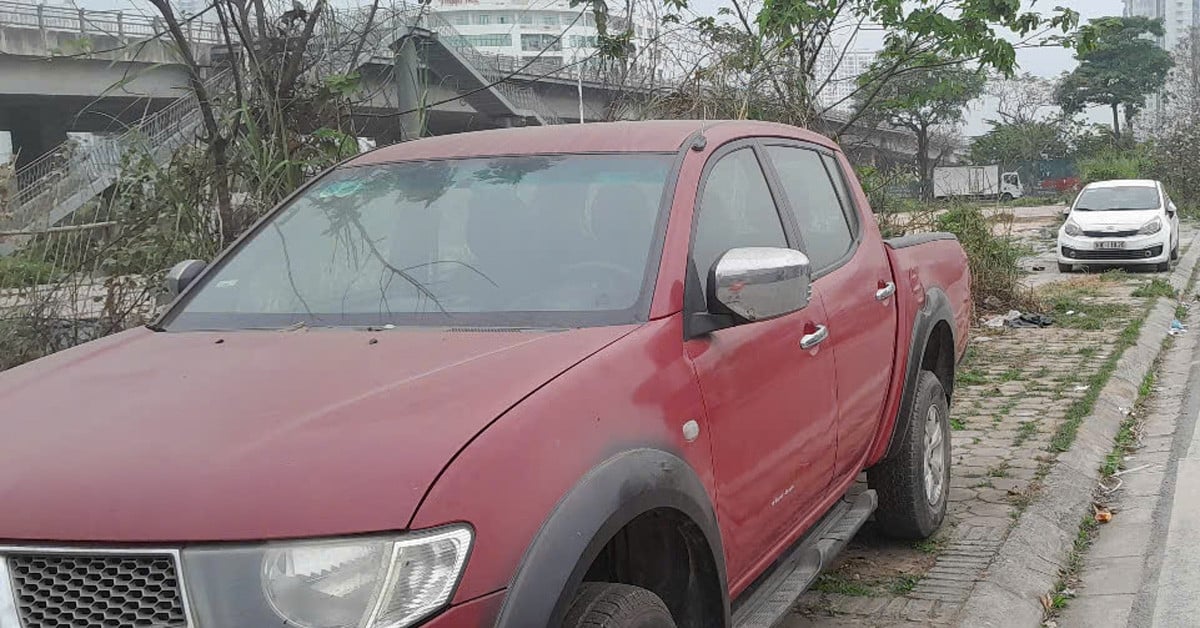




![[Photo] Singapore and Vietnam Prime Minister's wives visit Vietnam Museum of Ethnology](https://vstatic.vietnam.vn/vietnam/resource/IMAGE/2025/3/26/5f7f62b30516402db29e10c1ee43f8e2)

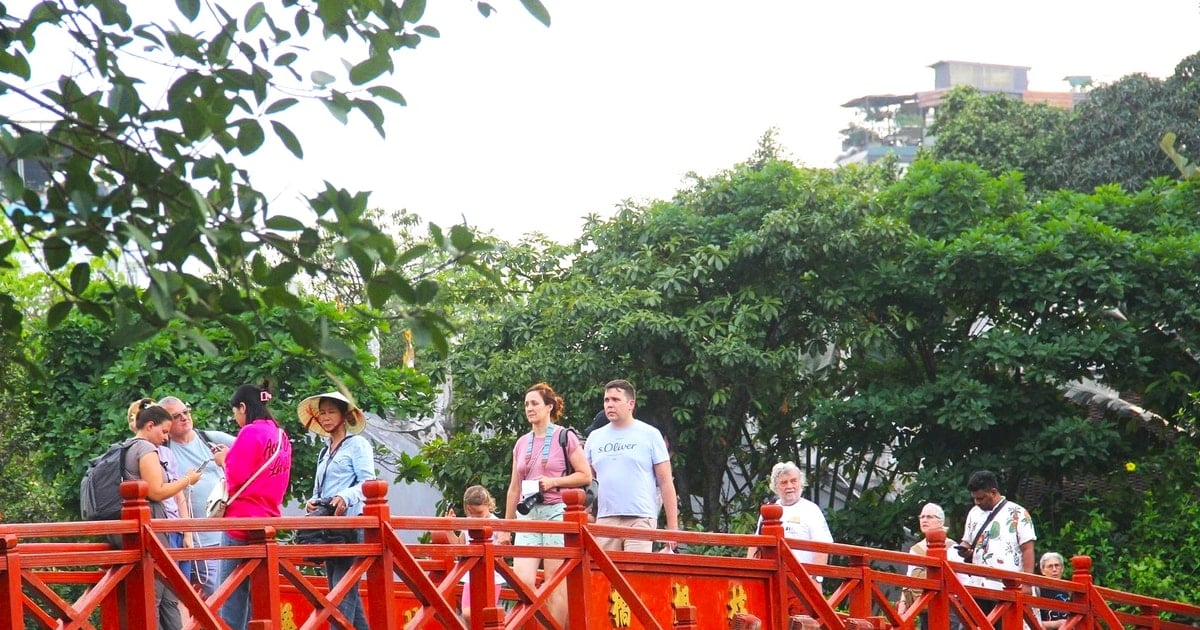



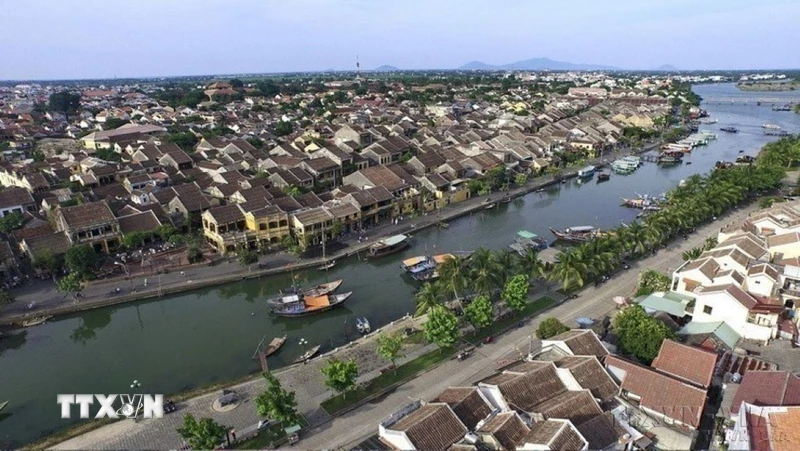



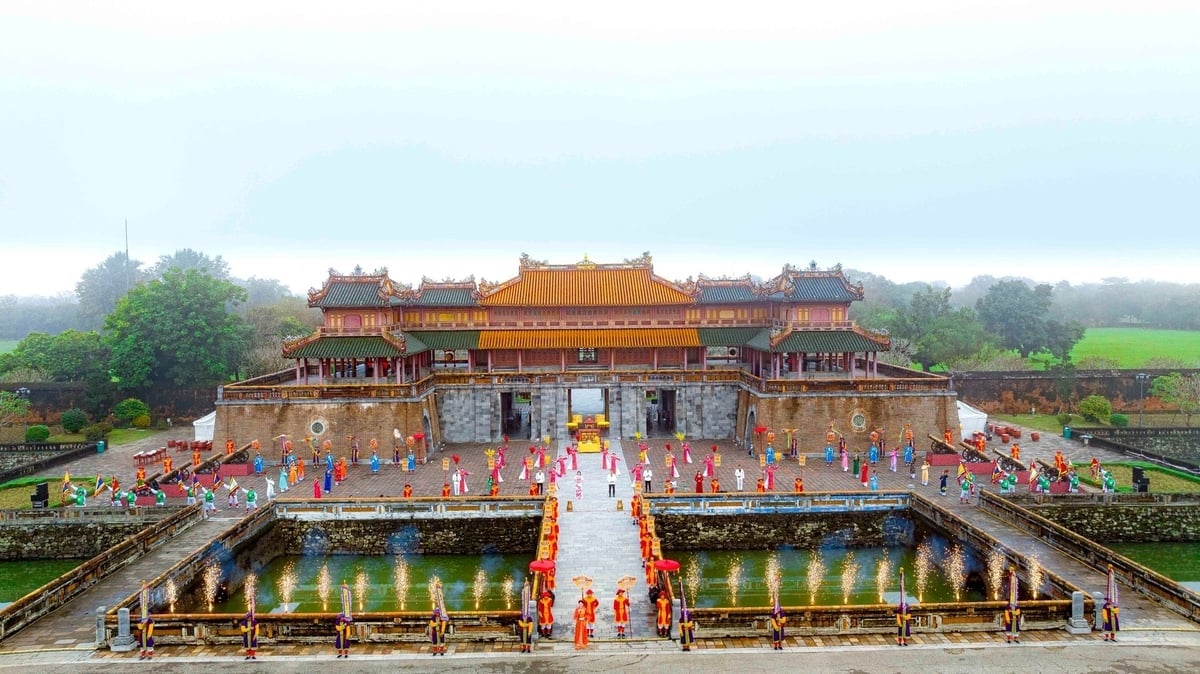

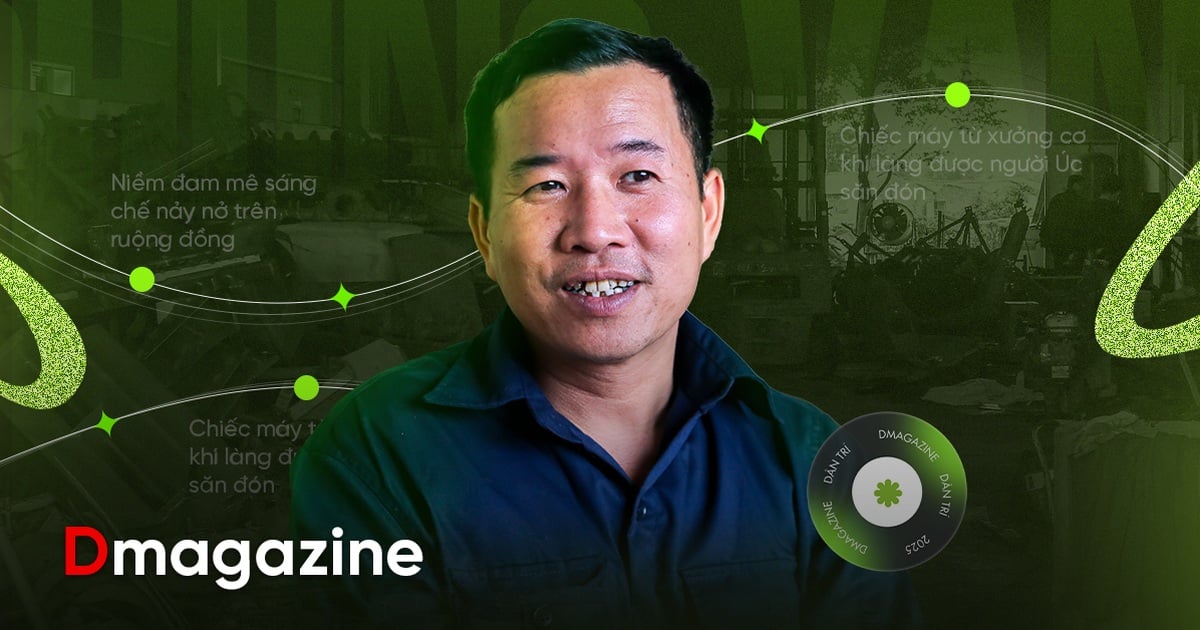

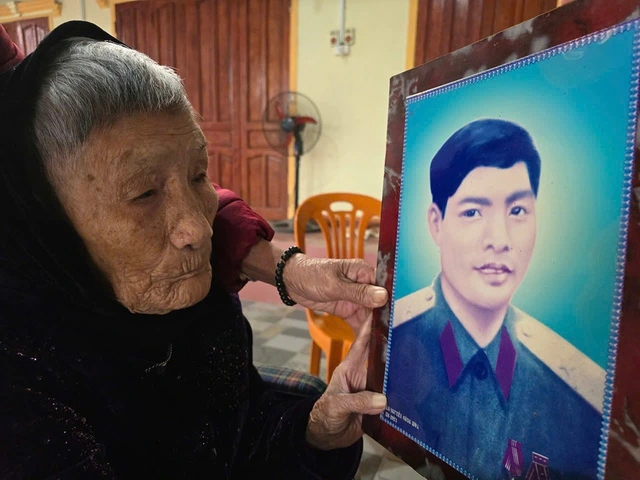
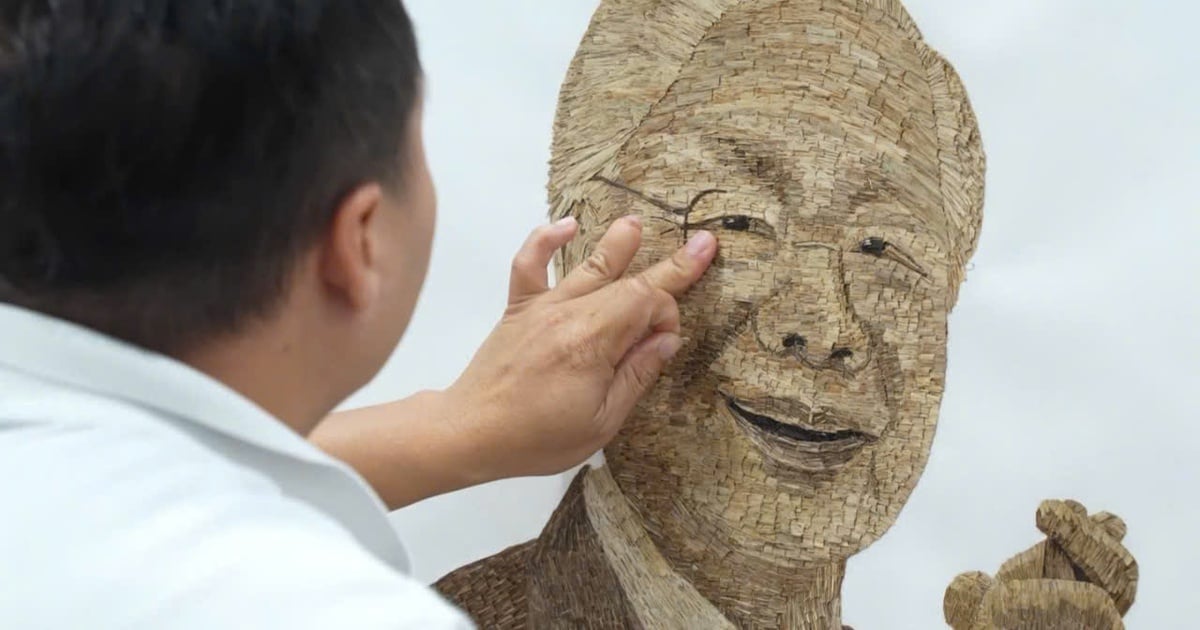
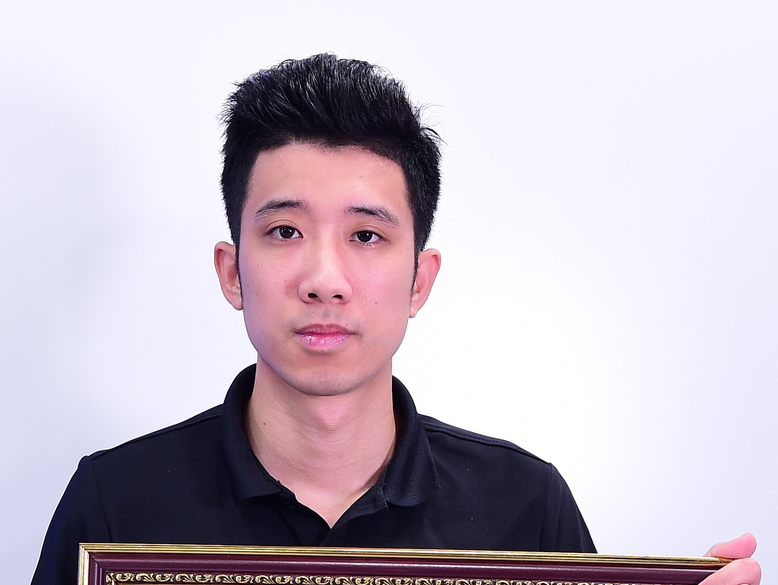
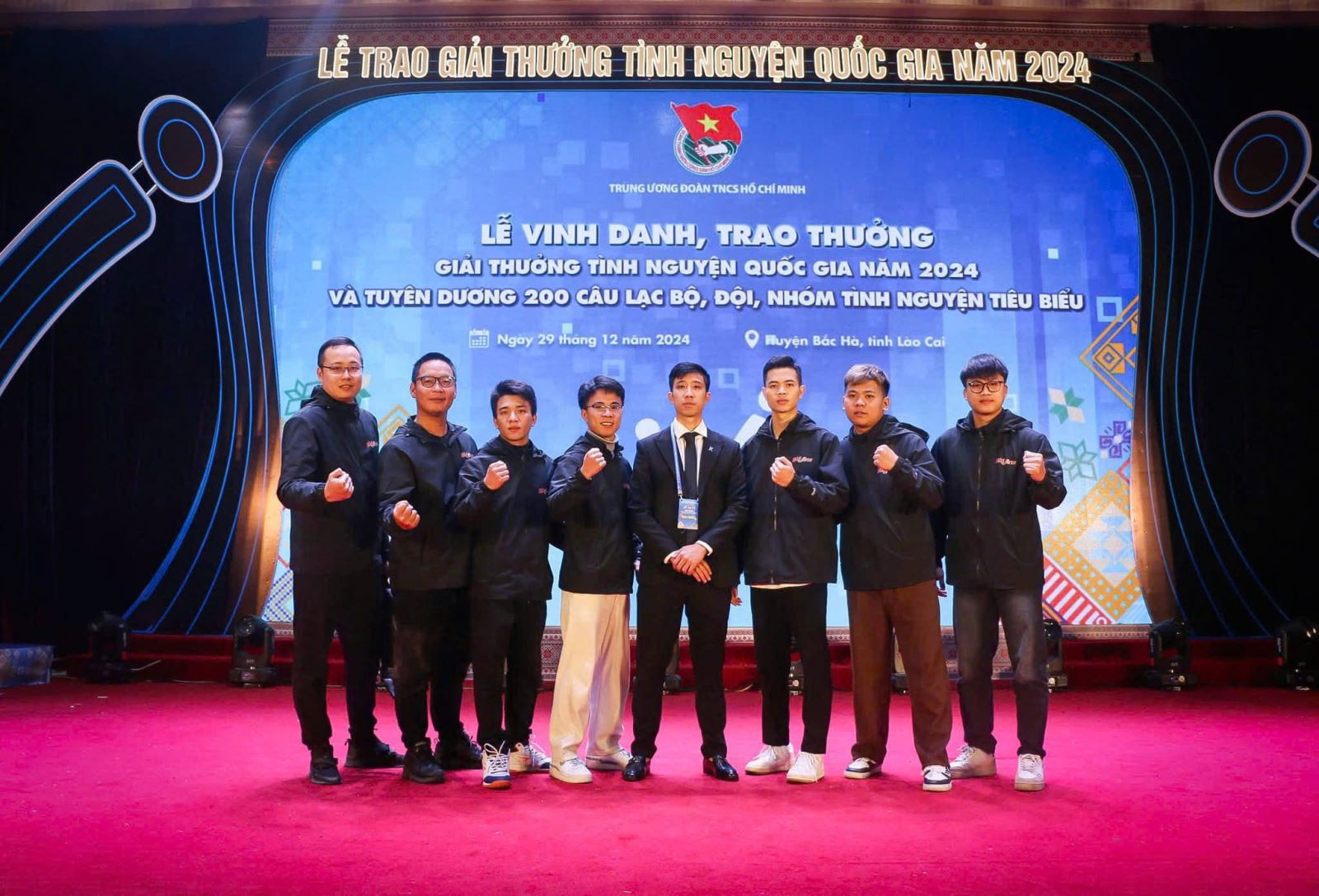










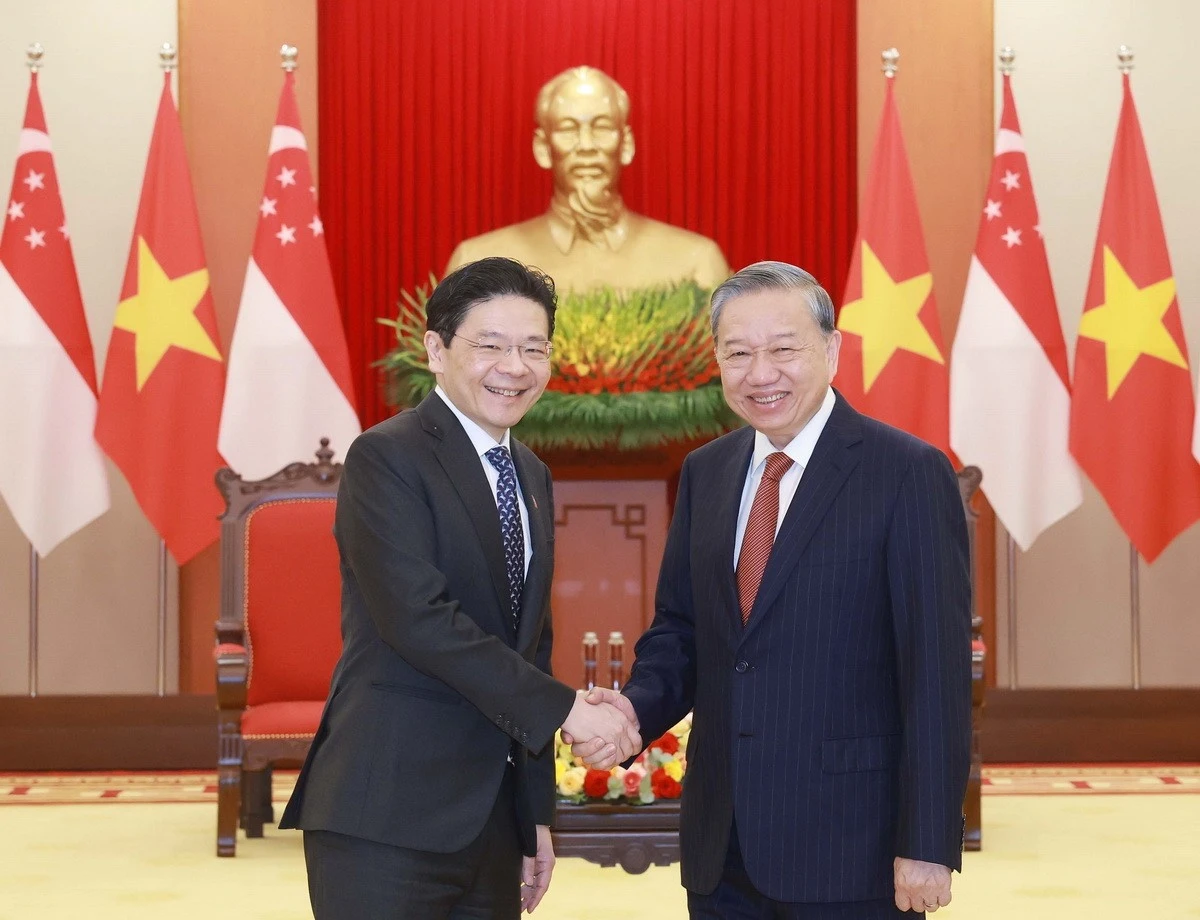
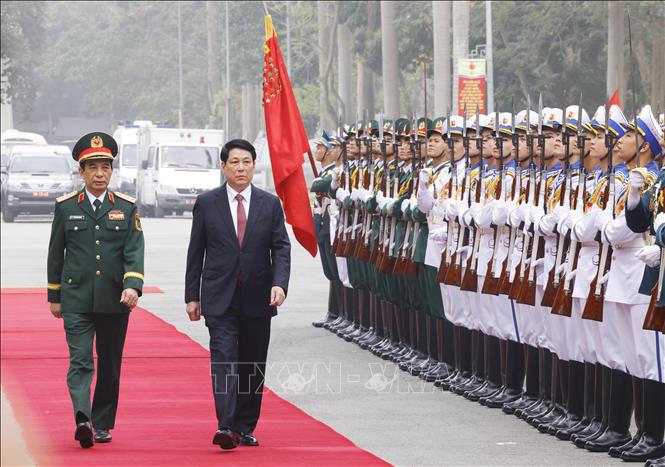

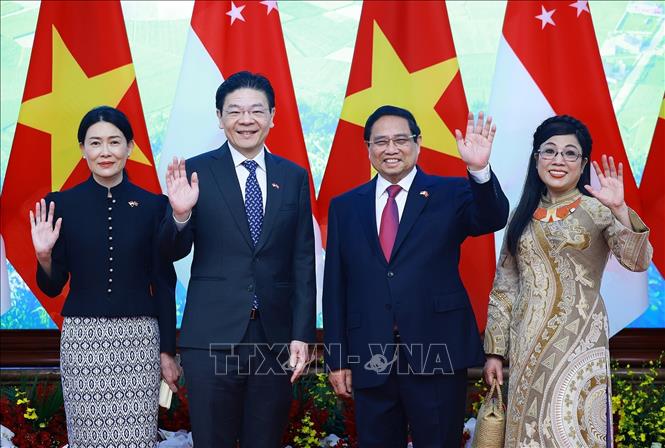
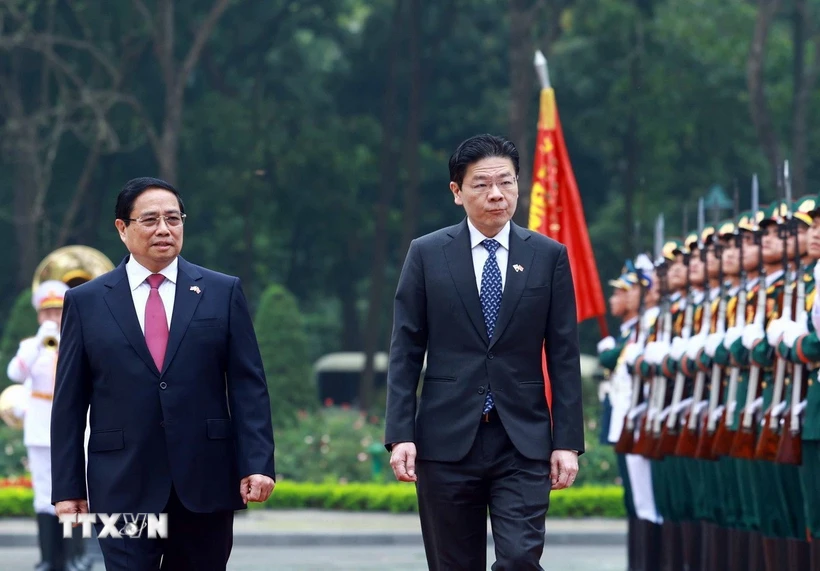
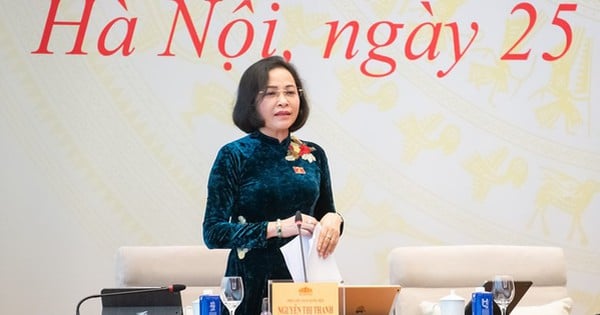


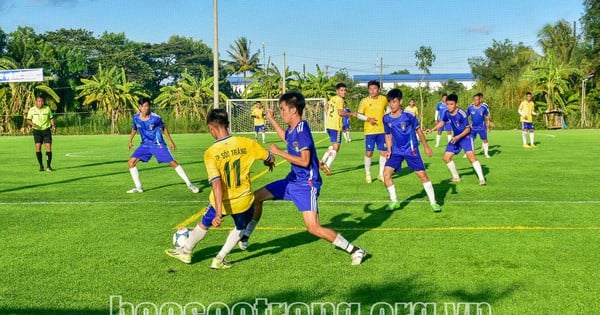
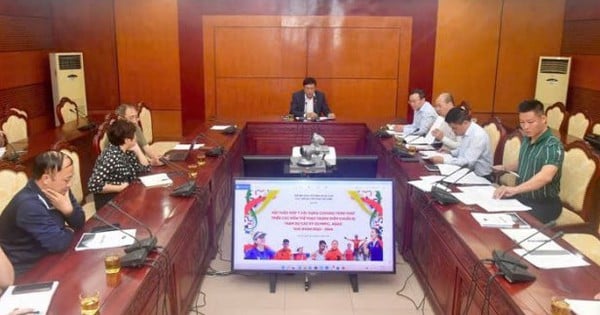
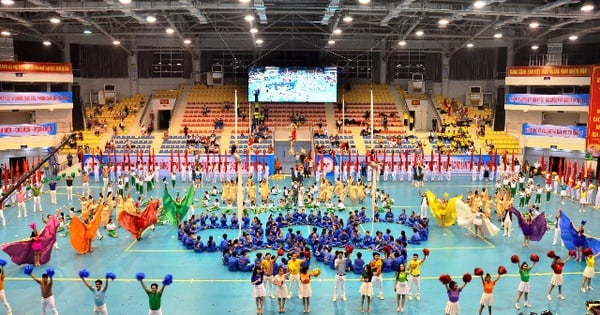
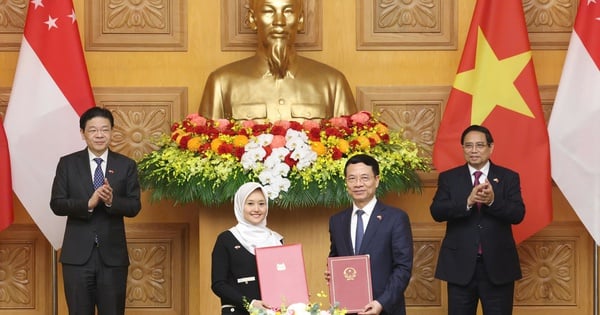

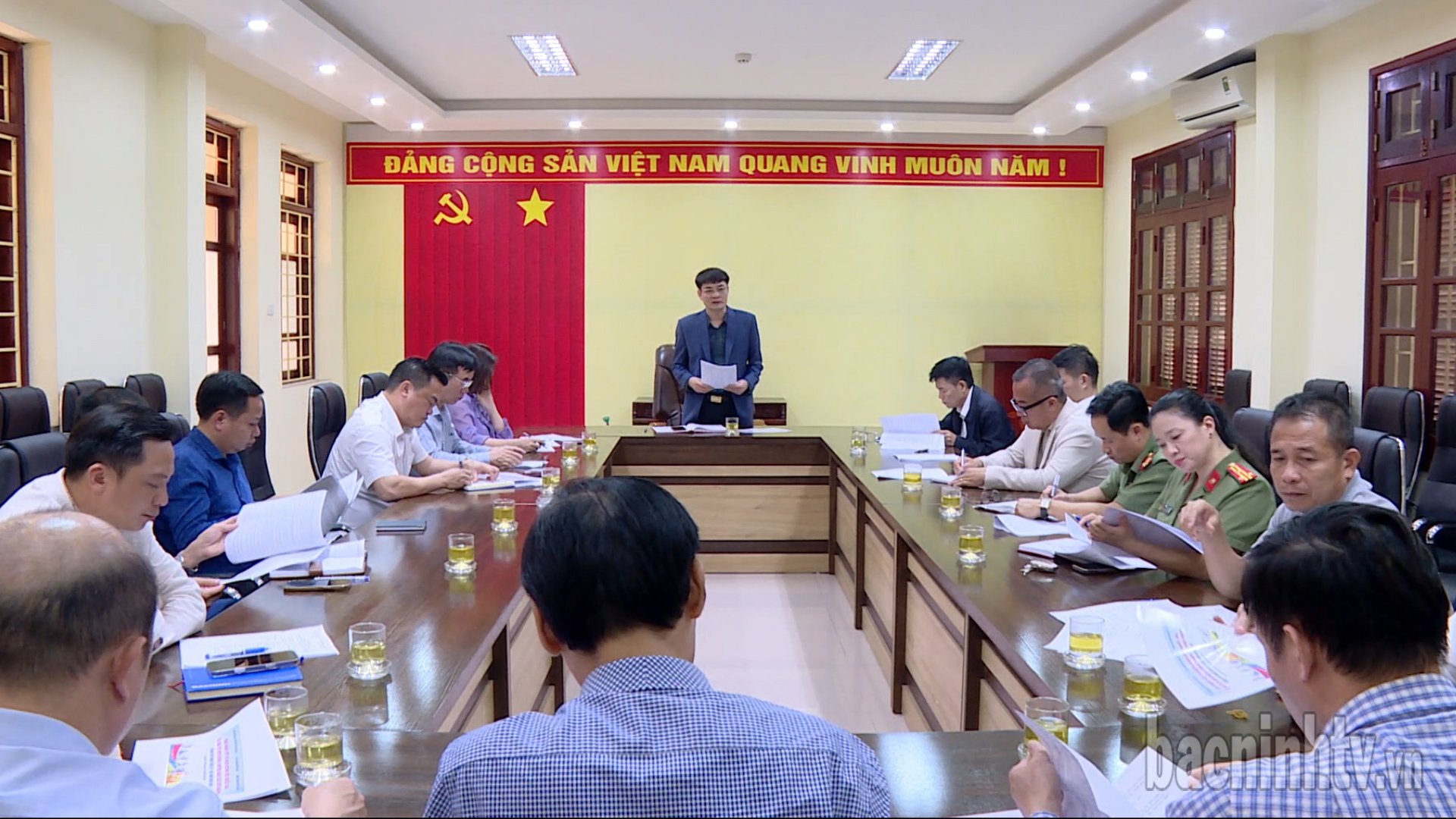

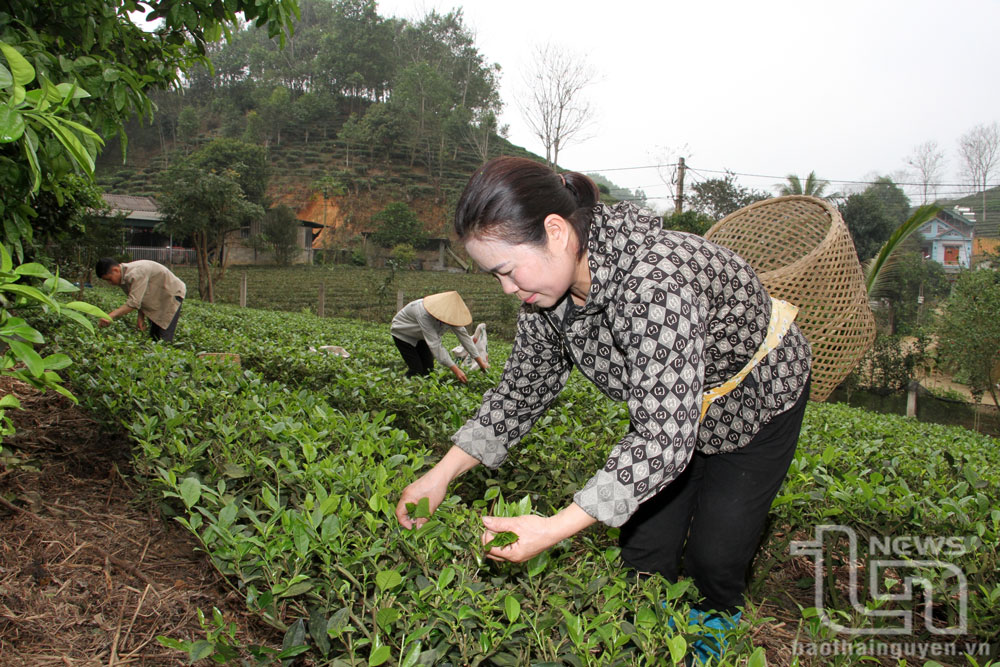
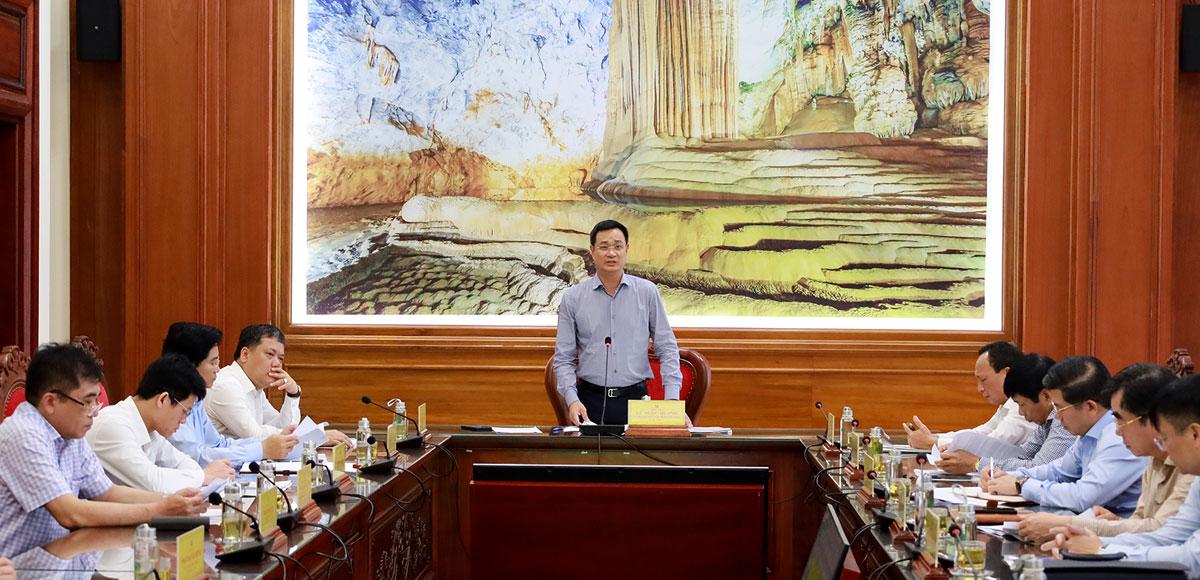
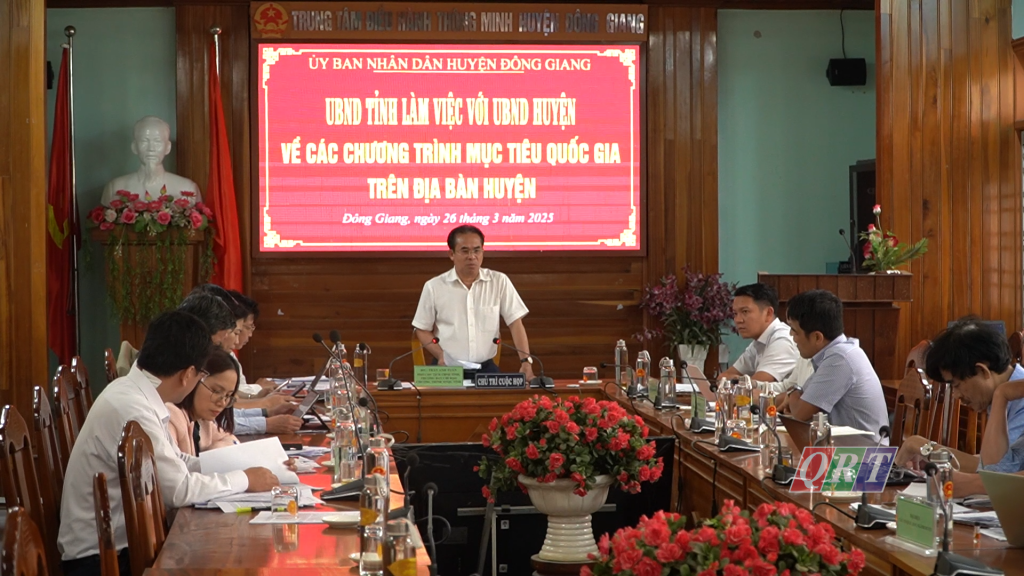
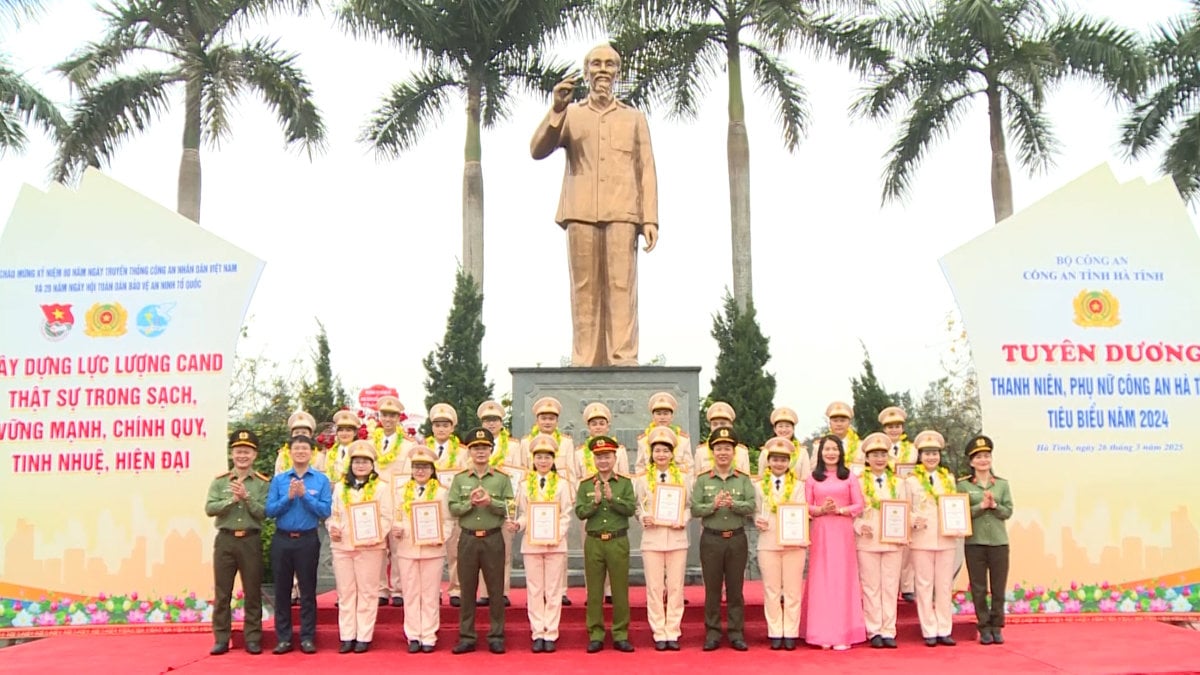


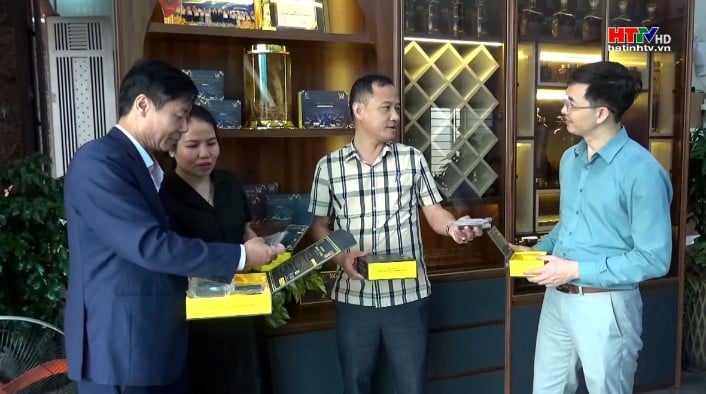





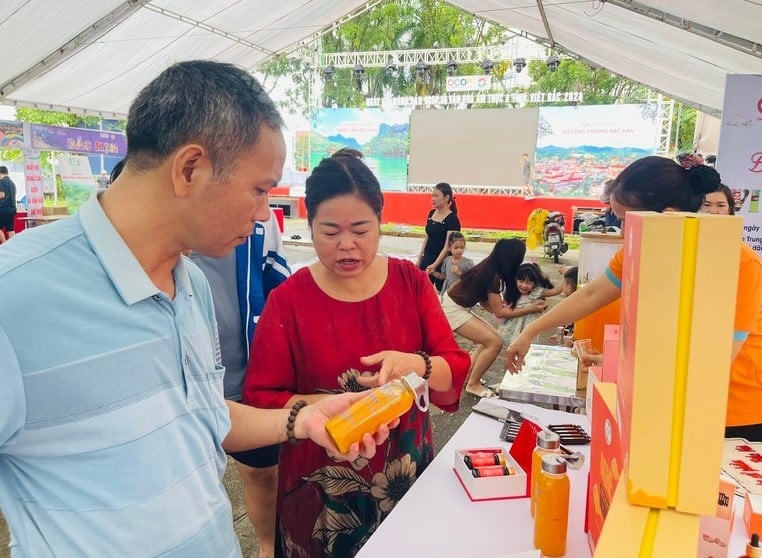
Comment (0)